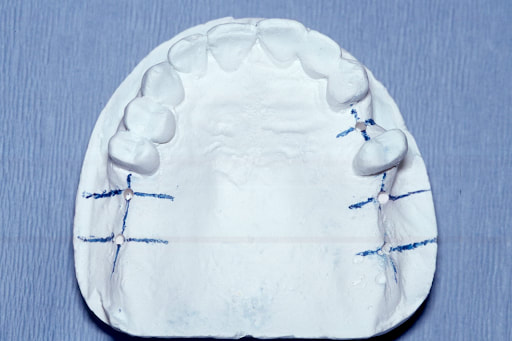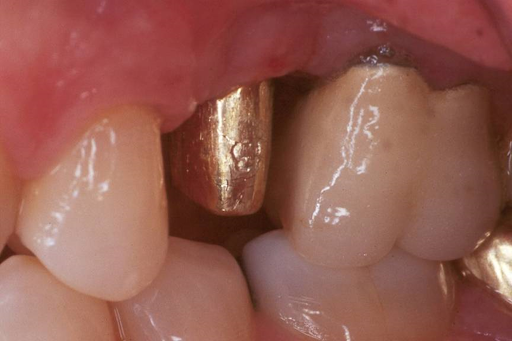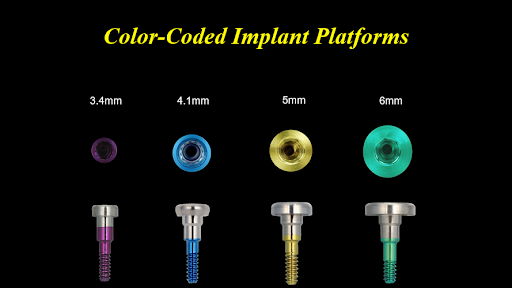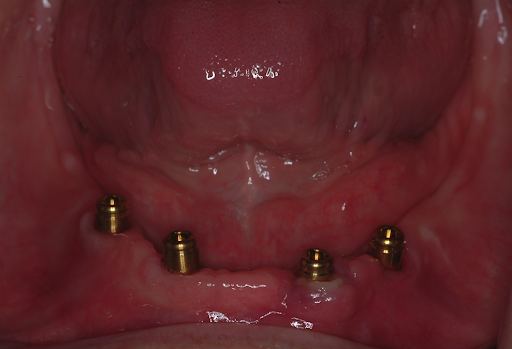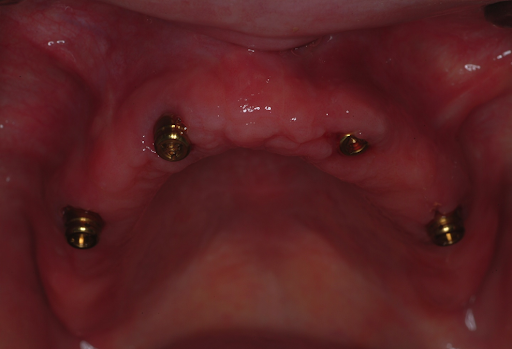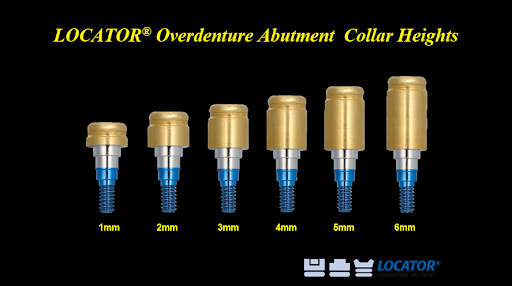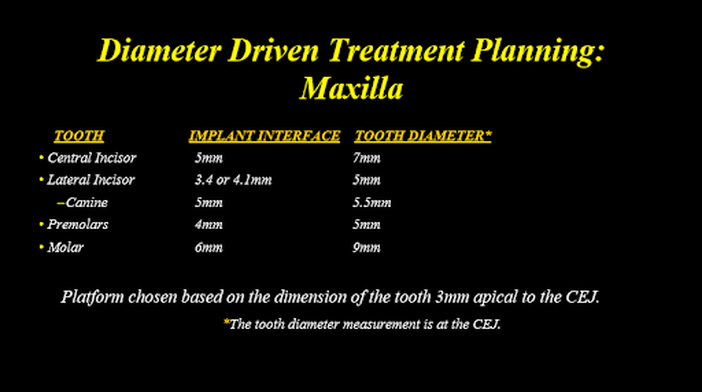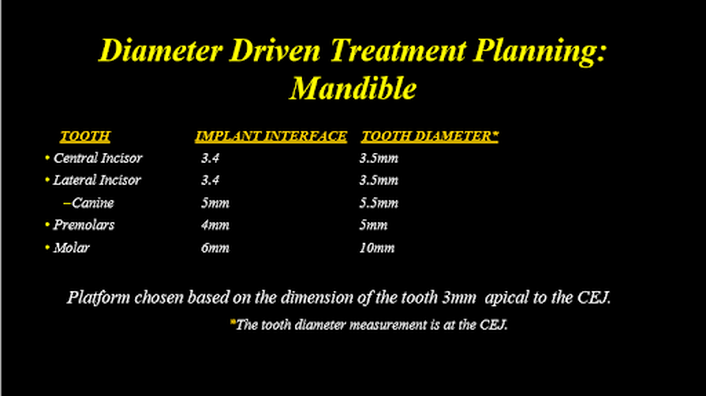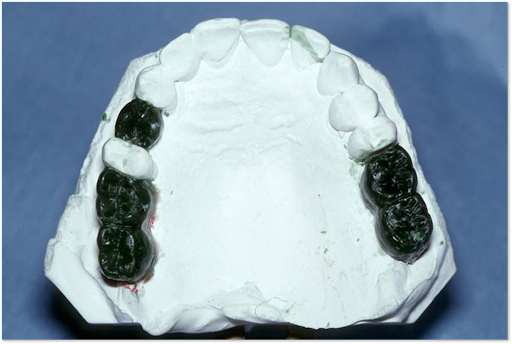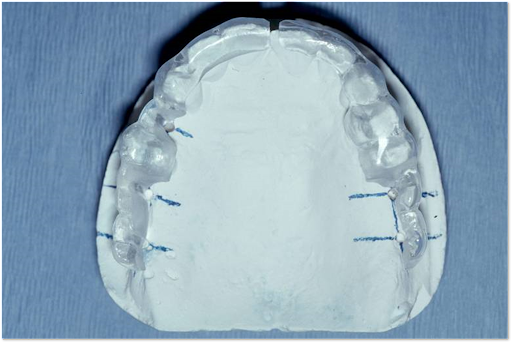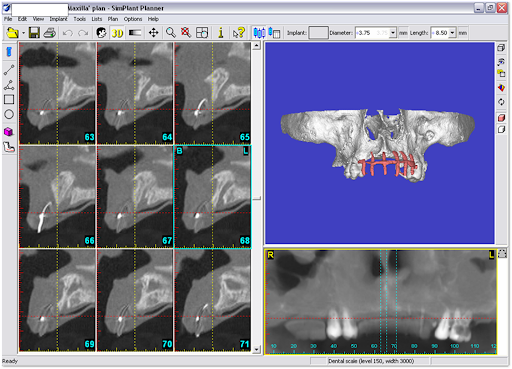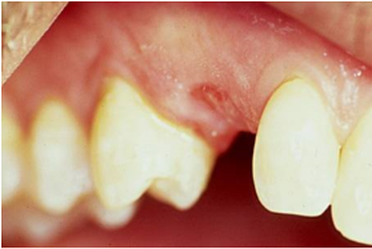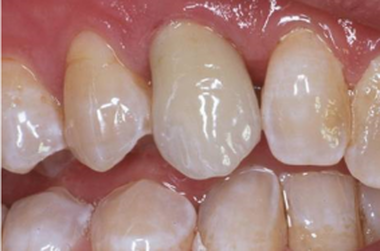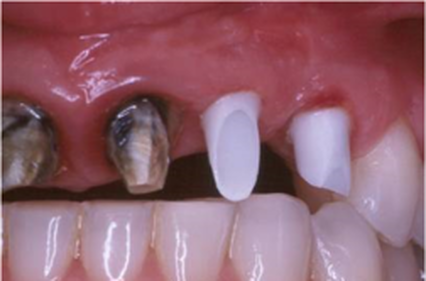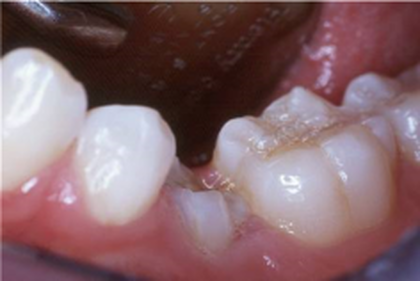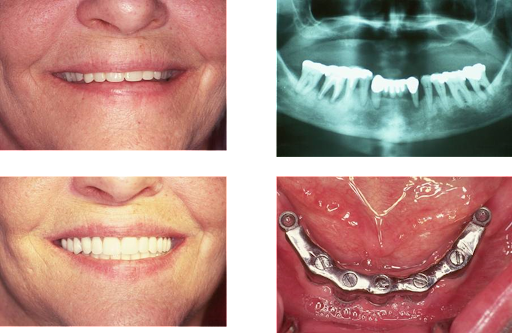WHO IS ALFRED NELSON?Alfred Nelson, CDT, owned and operated the prestigious Amsterdam Dental Lab of Philadelphia, PA for 50 years. He’s cultivated a reputation in the dental community by creating premium, high-quality restorations with a strong concentration in implant dentistry. A name synonymous with quality in implant dentistry, Amsterdam Dental Lab has been at the forefront of our industry, setting the benchmark for cutting-edge innovation. He now spearheads and manages Amsterdam Dental Lab as a division of The Dental Lab specializing in premium in-house restorations. With an extensive career as a Lab Owner and Implant Specialist, Al has lectured internationally, been published in the top peer-reviewed journals such as Practical Periodontics and Aesthetic Dentistry (PPAD) and Journal of International Relations and Development (JIRD), held a faculty position at the University of Pennsylvania and assisted in product development for some of the leading brands in dentistry like Zimmer Biomet. GLOSSARY FOR KEY TERMINOLOGY
TYPES OF ABUTMENTSHealing abutments are used to provide a path from the implant through the tissue during healing. Its roles are to shape and tighten the gum tissue and prevent food or bacteria from settling around the implant. They are available as a one-piece, two-piece, encode, or custom. One-piece healing abutments connect into a dental implant without an additional retaining screw. Two-piece healing abutments are comprised of an internal bore and a second component that attaches to the first on the exterior surface. Encode abutments are a type of healing abutment from Zimmer Biomet that have markings that allow them to be used in place of an impression coping or a scan body. Lastly, custom healing abutments can be designed to make up for offset or angled implant placement while preserving the anatomical shape. Moreover, temporary abutments take the form of performance posts or temporary cylinders. They are used for the fabrication of an interim restoration. They aid in healing the surrounding tissue while providing an attachment point for the dental implant. They may be removed for a permanent abutment to take its place. Restorative abutments are components between the implant and the definitive restoration that provides retention, support, stability, and optimal positioning. They can be secured through cementation or be screw-retained. A pre-fabricated abutment is a final abutment that is attached to the implant via a screw. The final prosthesis is then attached to the abutment. A hexed UCLA abutment is a type of pre-fabricated abutment that engages implant hex and has a tactile “click” finger feature with 4four robust fingers for maintaining the “click” after casting. The abutment is loaded into the crown and placed in the implant. Once the fingers “click” into place, the crown is removed, leaving the abutment attached to the implant Pre-angled abutments correct angulation and restore proper restorative contours. They are used when implants are not parallel to adjacent teeth or contiguous implants. They also offer 12 potential positions due to the 12-point internal connection. Lastly, a Locator® abutment is an overdenture abutment indicated for 2-4 implants. They are designed to be used with overdentures or partial dentures retained by implants in the mandible or maxilla. HOW TO WORK UP A CASECases begin with a patient interview, followed by a series of exams and evaluations before diagnostic casts and wax-ups can be made. Then, implant surgical guides are mapped, fabricated, and presented in the treatment plan.
SEQUENCING FOR A PARTIAL EDENTULISM CASE
WHAT IS A HIDDEN IMPLANT PATIENT?Any patient with a beating heart is a potential implant patient. Edentulism is a major public health problem and it fulfills the World Health Organization's (WHO) definition of a physical impairment because important body parts have been lost. It also fulfills the WHO’s definition of a disability because two important body functions have been lost. The McGill Consensus Statement on Overdentures states that as a minimal treatment objective on the mandibular, two-implant overdentures are the first choice standard of care for edentulous patients. Patients with a single edentulous space that are missing anterior or posterior teeth have the option of replacing that space with fixed partial dentures. They can be done with one or two crowns and an implant. Patients with multiple edentulous spaces can undergo tooth for tooth replacements. Implants can be used to restore individual teeth and to restore a fixed partial denture. Removable partial dentures can also be replaced with implants. Completely edentulous patients have a variety of treatment options that will enable the preservation of the bone and soft tissue while restoring their confidence in their prosthetics. Options that require two implants include Locator®, O-ring, and Dal-Ro. Four implants can be used for bar-supported overdentures, such as distal extension ERA or bredent attachments. Five or more implants can support fixed implant overdentures like spark erosion prostheses and bone-anchored bars. Patients with retained deciduous teeth or congenitally missing secondary teeth can have the mesial-distal diameter of the tooth reduced to match that of a secondary premolar. Patients treated with crowns and bridges, or patients with endodontically-treated teeth are able to replace fixed partial dentures with crowns and replace missing teeth with implants, or they can extract teeth with failing root canal treatments and replace them with dental implants rather than treat them with apicoectomy. Patients with periodontal disease can also be ideal for dental implants. Periodontal disease must be treated and controlled and occlusal relationships must be stable. For teeth with questionable or poor prognoses, implants should be discussed as a definitive treatment option. HOW TO TALK TO PATIENTS ABOUT IMPLANTSMake implants the standard of care. Implants should be discussed in all situations with all patients. They should be understood by front office personnel, assistants, and hygienists as patients often hear of implants before the doctor ever sees them. Do not speak of fees until the patient fully understands the benefits of implant dentistry and don’t be concerned with insurance regarding implants - or any dental treatment. It’s wrong to diagnose the patient’s wallet or to allow insurance to dictate treatment. The present doctor should also not make any financial arrangements. Compromising treatment under any circumstances should not be done. HOW CAN THE DENTAL LAB HELP?The Dental Lab is a full-service dental laboratory specializing in implant restorations. With over 35 years of experience plus Al’s expertise, The Dental Lab is a powerhouse for restorative products and services. Call us today to learn more information at 215-293-9760. Keywords:
The Dental Lab, Amsterdam Dental Lab, implants, abutments, diagnostic, patient, dentist, digital implant guides, Periodontal Disease, restoration, dentures, dental implants, implant dentistry, implant surgery, oral surgery, surgical implants, dental surgical guide, implant surgical guide, surgical guide, surgical guide for dental implant, surgical guide implant
0 Comments
Leave a Reply. |
